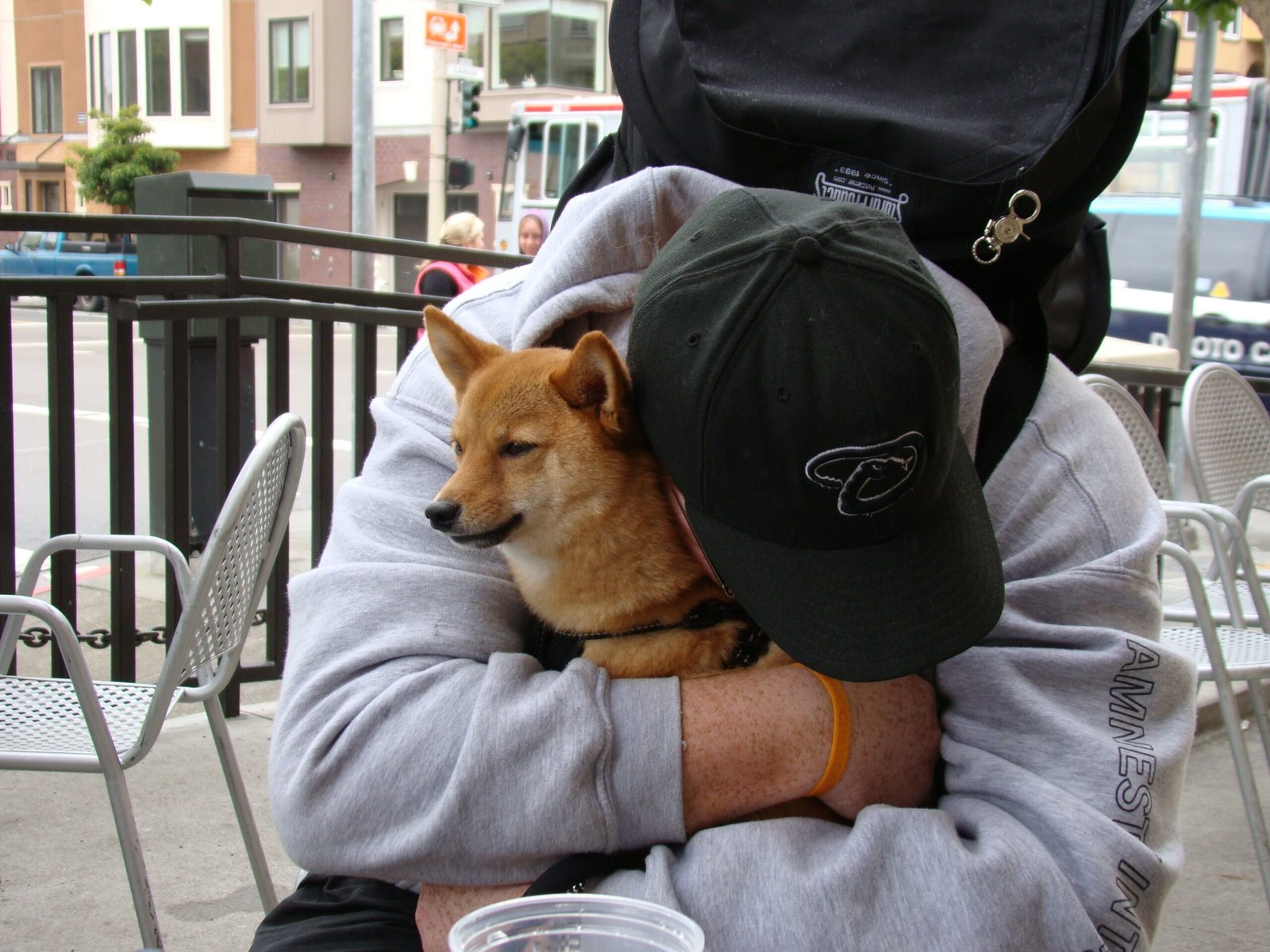Owning a Shiba Inu can be both a rewarding and challenging experience. These charming and spirited dogs have captured the hearts of many, but their unique characteristics often require a special kind of owner. While they are undeniably adorable, their independent nature can sometimes be challenging for those who are unprepared. This article delves into the traits of Shiba Inus that can test the patience and resolve of even the most independent dog owners. For those who adore these fluffy companions, understanding their quirks can lead to a more harmonious relationship.
Strong-Willed Nature
Shiba Inus are known for their strong-willed temperament. Unlike some breeds that readily follow commands, Shiba Inus tend to think for themselves. This independent streak can make training a bit of a challenge. They often decide whether or not they want to listen, which can be frustrating for owners who expect immediate obedience. It’s like trying to convince a cat to fetch – sometimes they do, but often they just give you a look that says, “Why should I?” This trait requires owners to have patience and creativity in their training methods.
Intelligence and Cunning

These dogs are incredibly intelligent, and with intelligence comes the ability to be cunning. Shiba Inus can figure out how to escape from enclosures, manipulate situations to their advantage, and even outsmart their owners. It’s not uncommon for a Shiba to pretend to comply with a command, only to revert to their own agenda as soon as the owner’s back is turned. This cunning nature requires owners to stay one step ahead, constantly adjusting their strategies to keep their Shiba in line.
Aloofness Towards Strangers
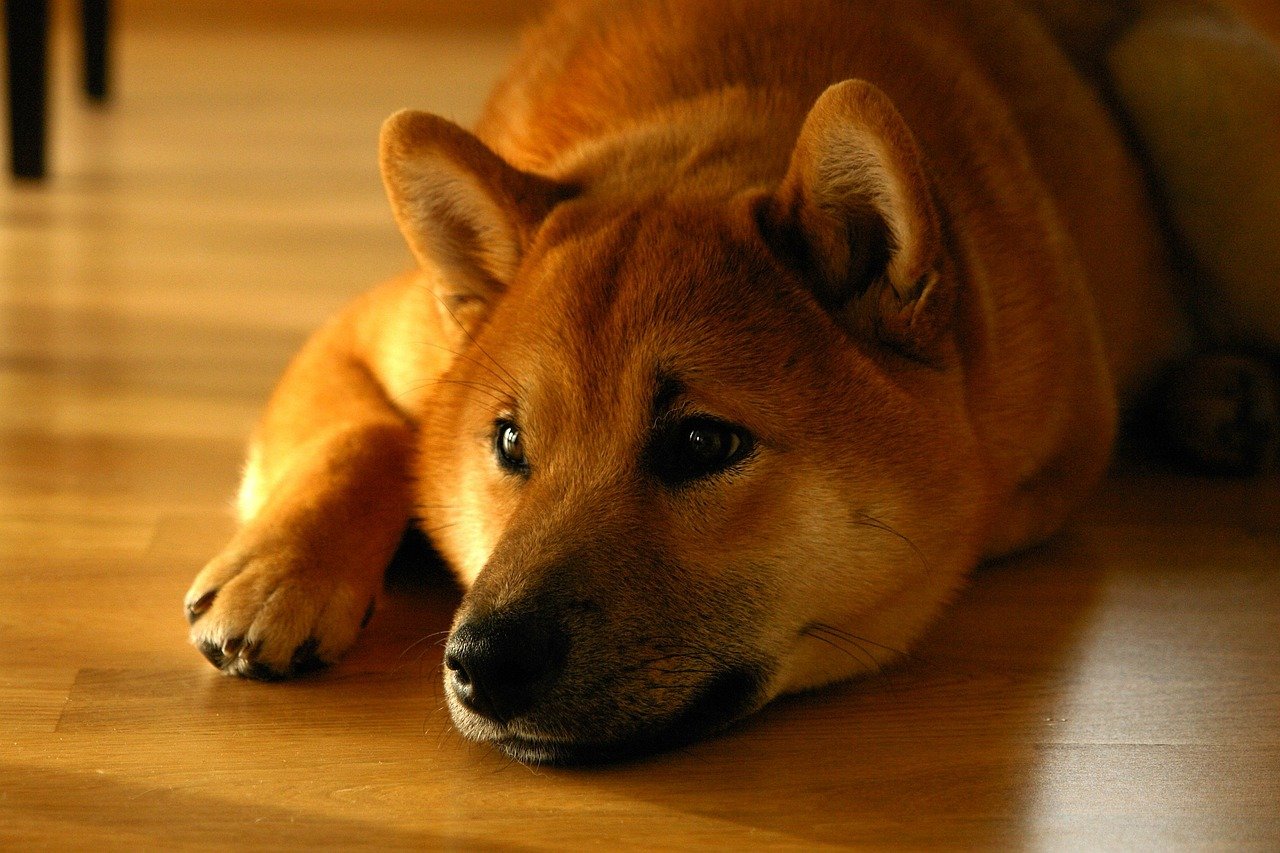
Shiba Inus can be quite aloof, especially around strangers. Unlike breeds that immediately warm up to new people, Shibas often keep their distance until they feel comfortable. This aloofness can be mistaken for rudeness, but it’s simply their way of assessing the situation. Owners need to be patient and allow their Shibas the time to get used to new people. This trait can be a challenge in social settings, but with proper socialization, Shibas can learn to be more open.
High Prey Drive
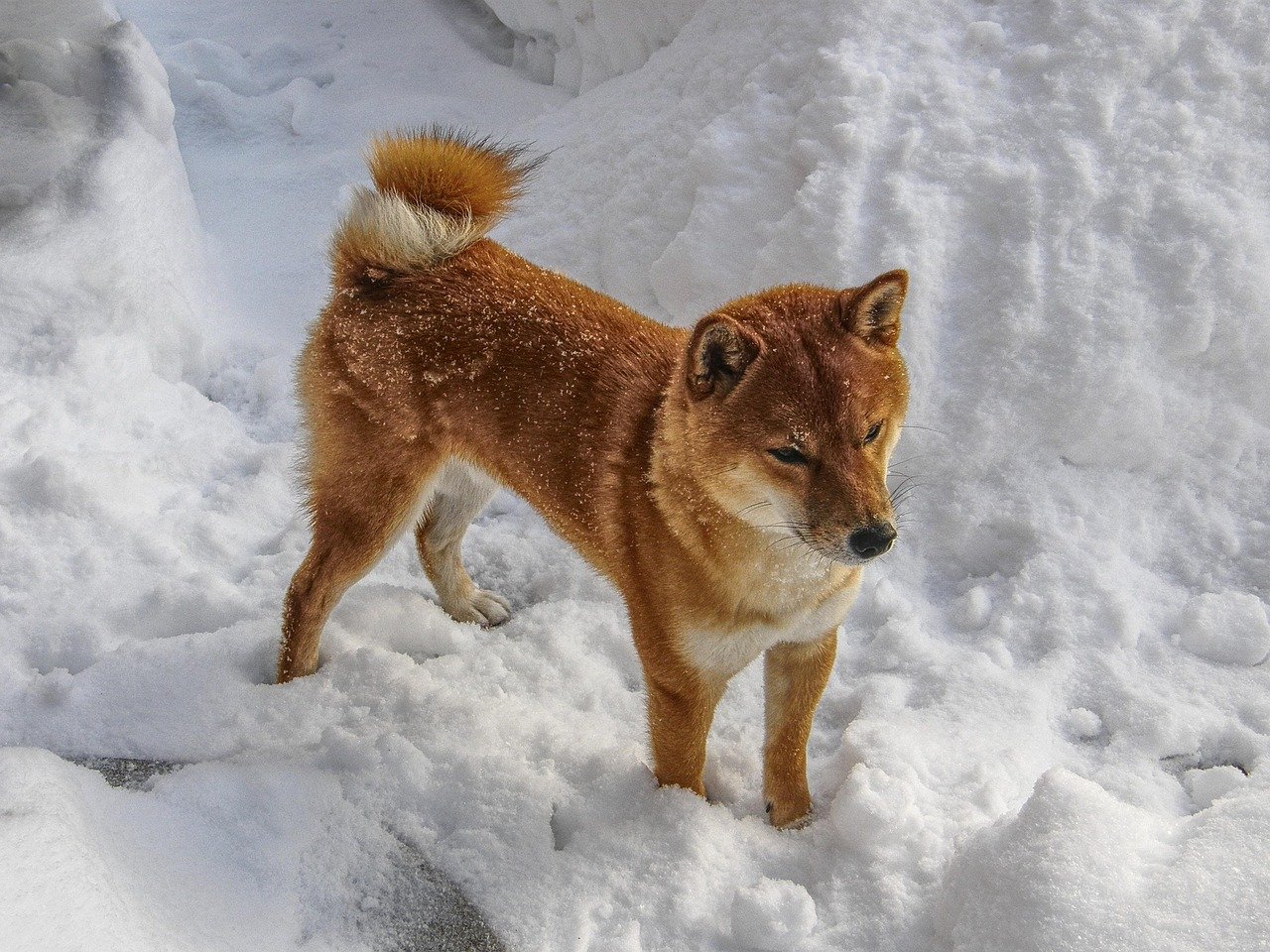
The Shiba Inu has a strong prey drive, which can make walks an adventure. Squirrels, birds, and even leaves blowing in the wind can trigger a chase response. This means that owners need to be vigilant and ensure their Shiba is on a secure leash at all times. It’s not uncommon for a Shiba to bolt after a perceived prey, ignoring calls to return. This trait requires owners to be constantly aware of their surroundings and their dog’s behavior.
Independent Grooming Habits
Shiba Inus are famous for their cat-like grooming habits. They are meticulous about keeping themselves clean, often spending a considerable amount of time grooming. While this is a positive trait, it can lead to issues if the dog becomes obsessive. Owners may find their Shiba grooming so much that it leads to hair loss or skin irritation. Understanding this trait can help owners monitor their dog’s grooming habits and intervene when necessary.
Vocal and Expressive
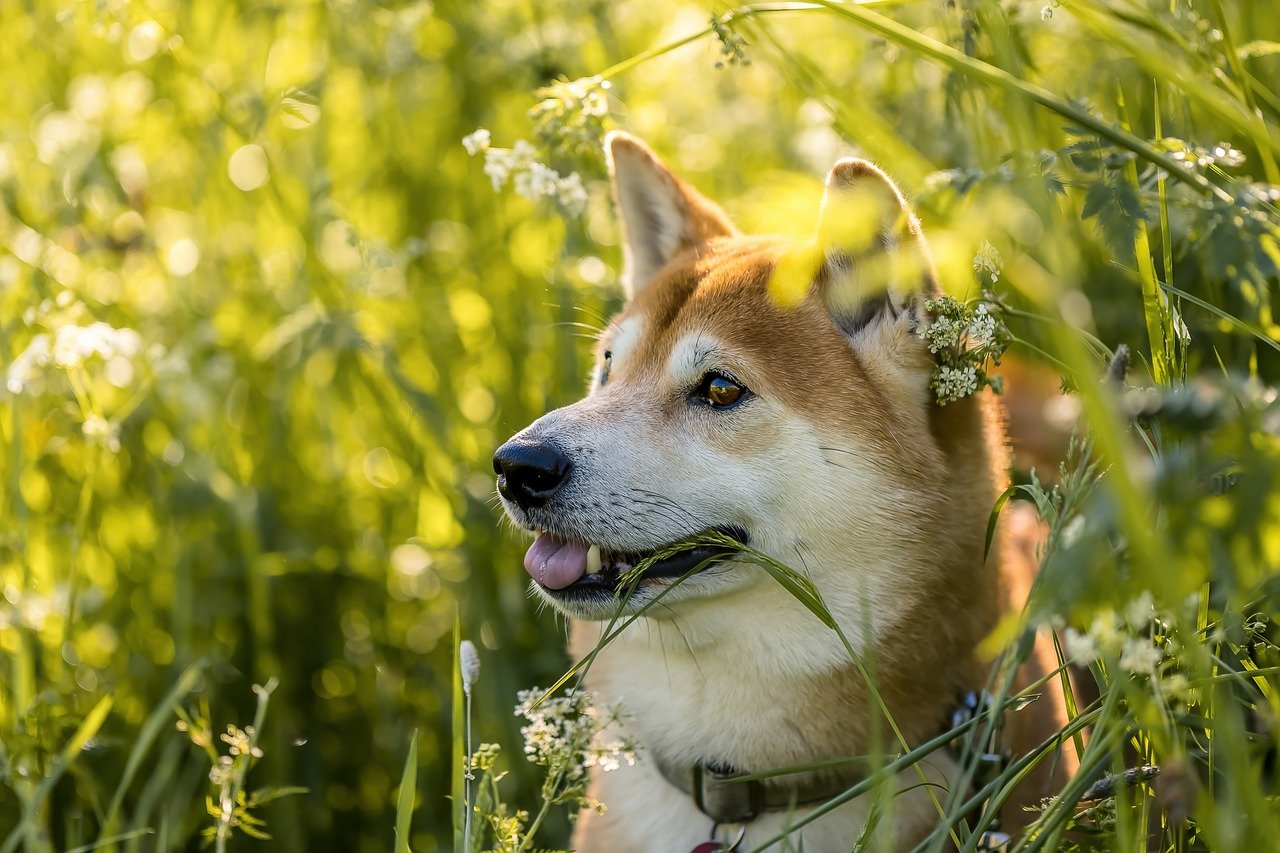
Shiba Inus are known for being vocal, using a range of sounds to express themselves. From the infamous “Shiba scream” to grumbles and barks, these dogs are not shy about letting their feelings be known. This expressiveness can be endearing but also overwhelming for owners who prefer a quieter pet. Understanding the reasons behind their vocalizations and addressing their needs can help manage this trait.
Stubbornness in Training
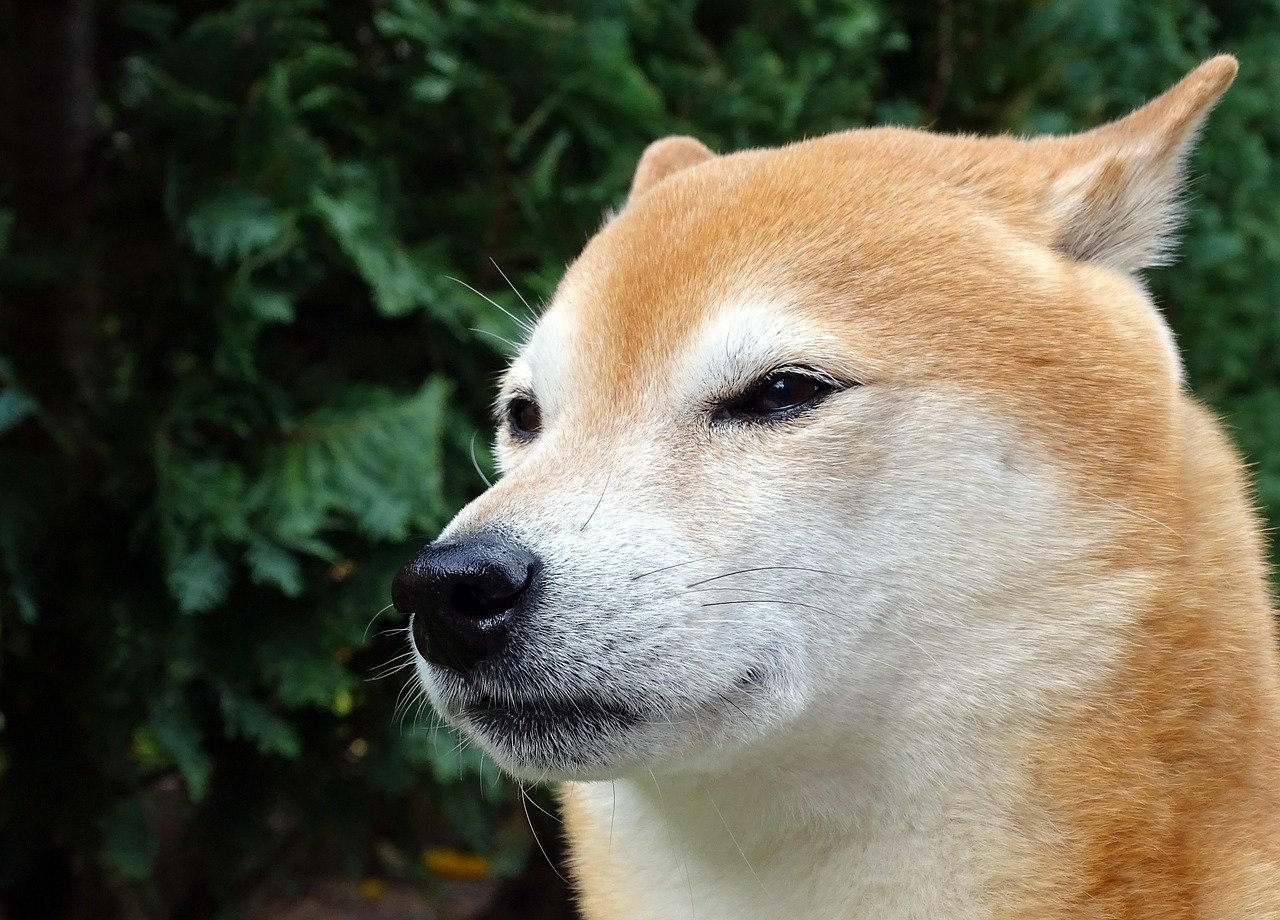
Training a Shiba Inu requires patience and consistency. They are notoriously stubborn, often testing boundaries to see what they can get away with. This stubbornness means that training sessions need to be engaging and rewarding. Owners must be firm yet fair, using positive reinforcement to encourage good behavior. It’s like trying to convince a toddler to eat their vegetables – persistence and creativity are key.
Love for Adventure
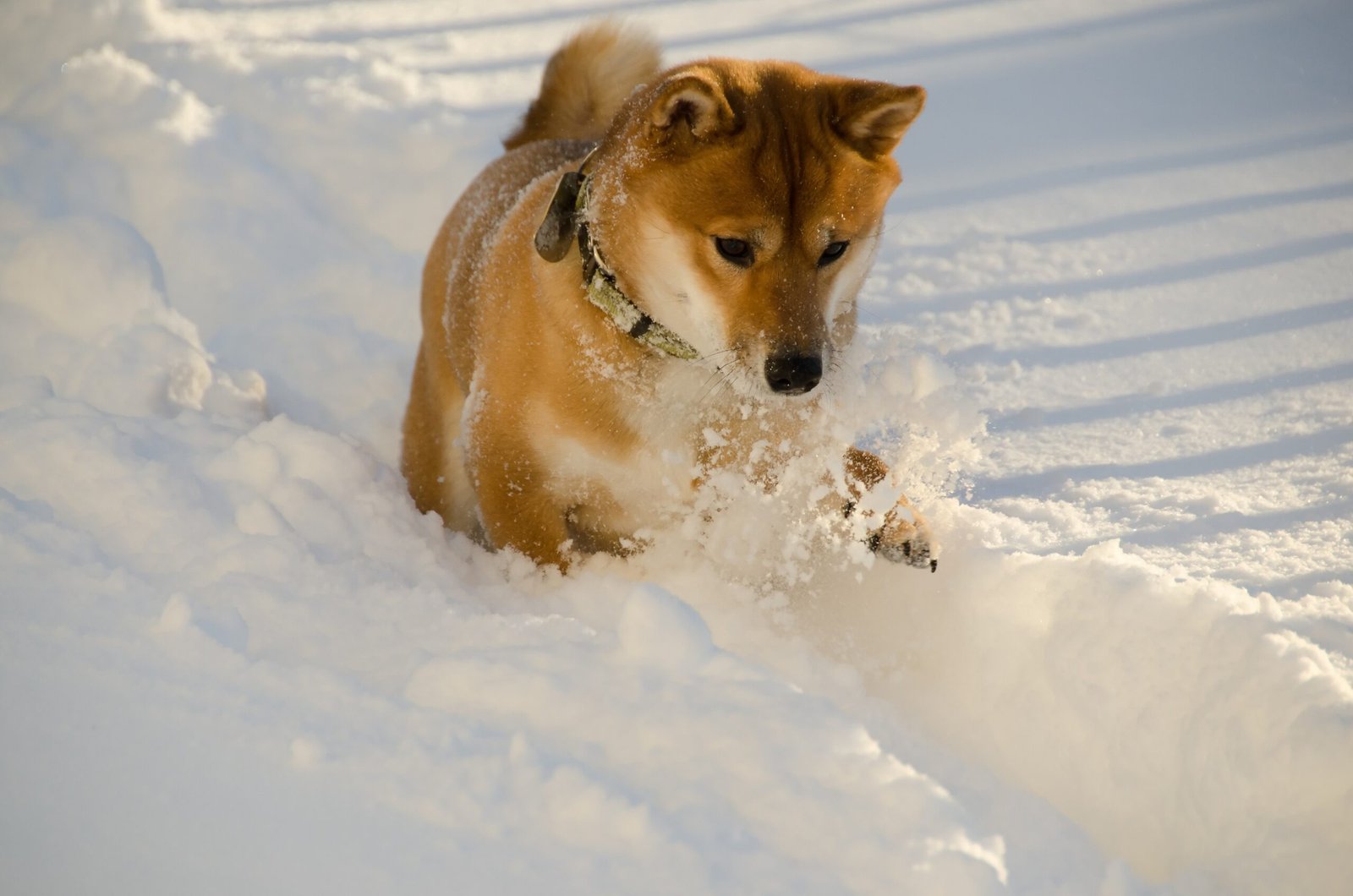
Shiba Inus are adventurous by nature. They love exploring new environments, which can sometimes lead them into trouble. Owners need to provide plenty of opportunities for safe exploration and ensure their yard is secure to prevent escapes. This love for adventure can be harnessed positively through activities like hiking or agility training, providing mental and physical stimulation.
Selective Affection
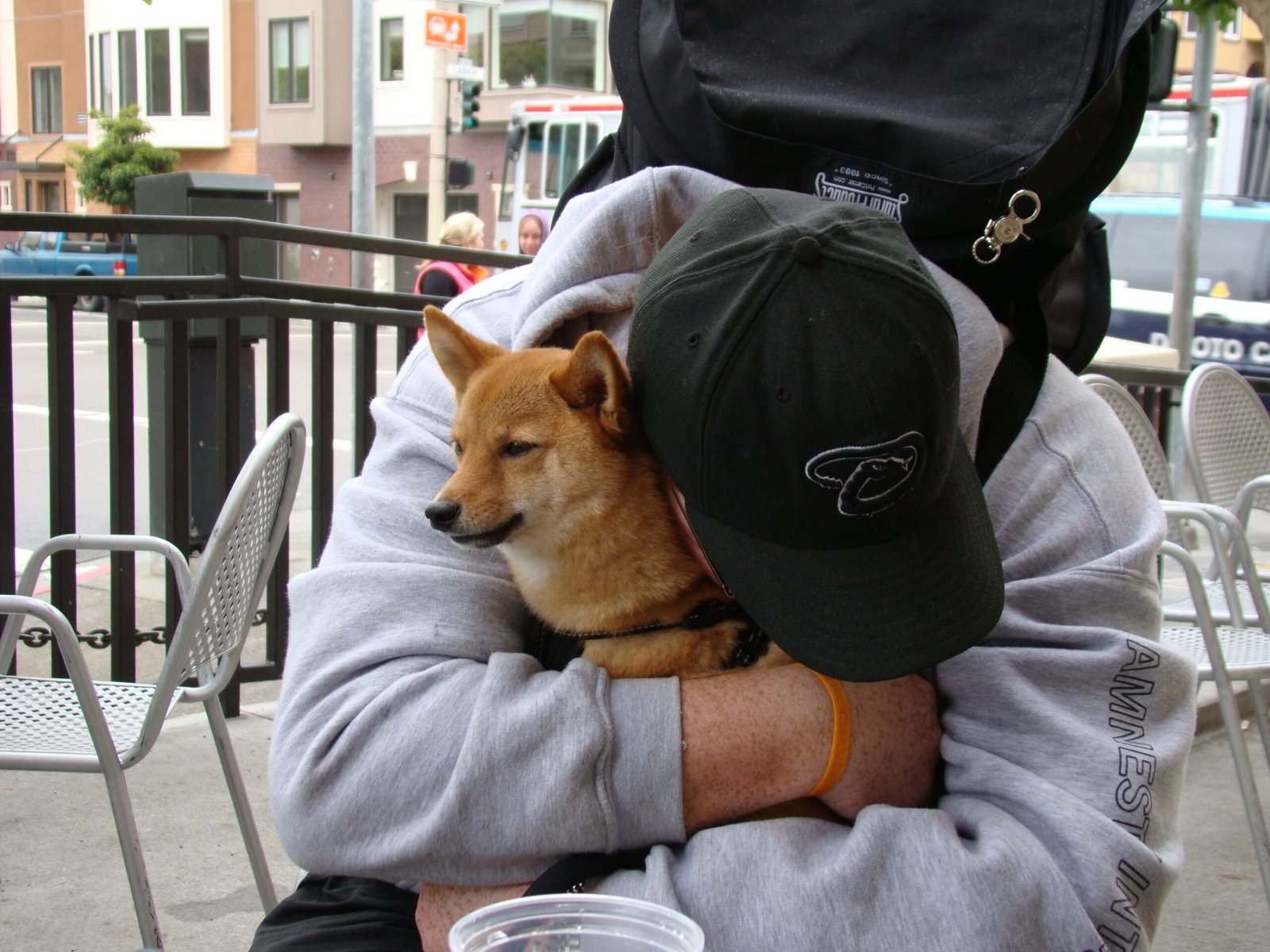
Unlike some breeds that are openly affectionate, Shiba Inus are more selective about when and to whom they show affection. They may choose to cuddle one moment and then retreat to their own space the next. This trait can be challenging for owners who crave constant companionship. Understanding and respecting a Shiba’s need for space is crucial for a harmonious relationship.
Inherent Curiosity
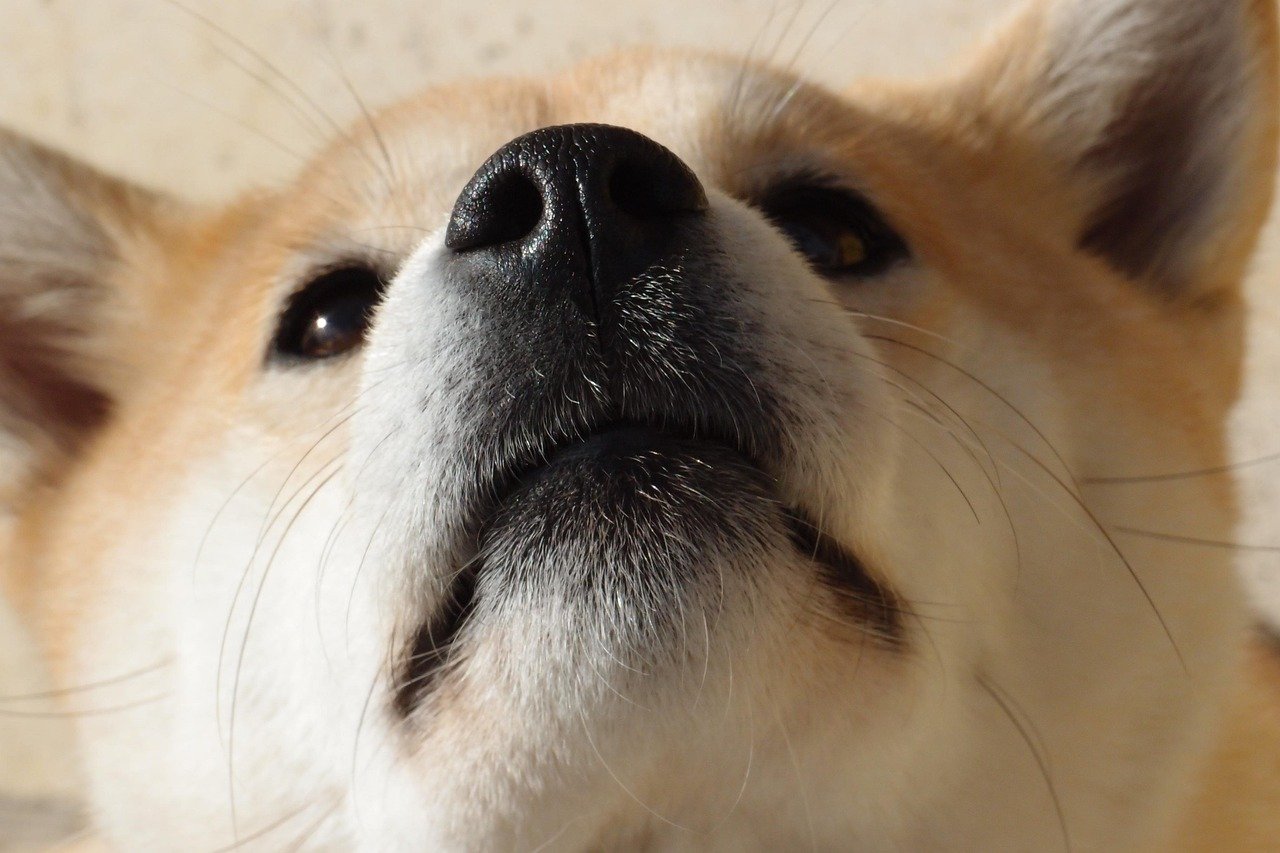
Shiba Inus are curious creatures, always interested in their surroundings. This curiosity can lead them to investigate things they shouldn’t, such as trash cans or kitchen counters. Owners need to Shiba-proof their homes, much like childproofing, to prevent any mishaps. Encouraging safe exploration through toys and interactive games can satisfy their curiosity safely.
Fearless Attitude

Despite their small size, Shiba Inus are fearless. They often see themselves as much larger than they are, which can lead to confrontations with bigger dogs. This fearless attitude requires owners to be cautious in social settings, ensuring their Shiba doesn’t get into trouble. Proper socialization from a young age can help manage this trait, teaching the Shiba to assess situations more accurately.
Need for Mental Stimulation

Shiba Inus thrive on mental stimulation. Without it, they can become bored and resort to destructive behaviors. Owners need to provide plenty of mental challenges, such as puzzle toys or training exercises, to keep their Shiba engaged. This need for stimulation can be a challenge, but it’s also an opportunity to bond and develop a deeper understanding of your furry friend.
In conclusion, owning a Shiba Inu is not for the faint of heart. Their independent and spirited nature requires an owner who is patient, understanding, and willing to embrace their quirks. By recognizing and appreciating these traits, owners can cultivate a strong, loving bond with their Shiba Inus, making the journey worthwhile.

